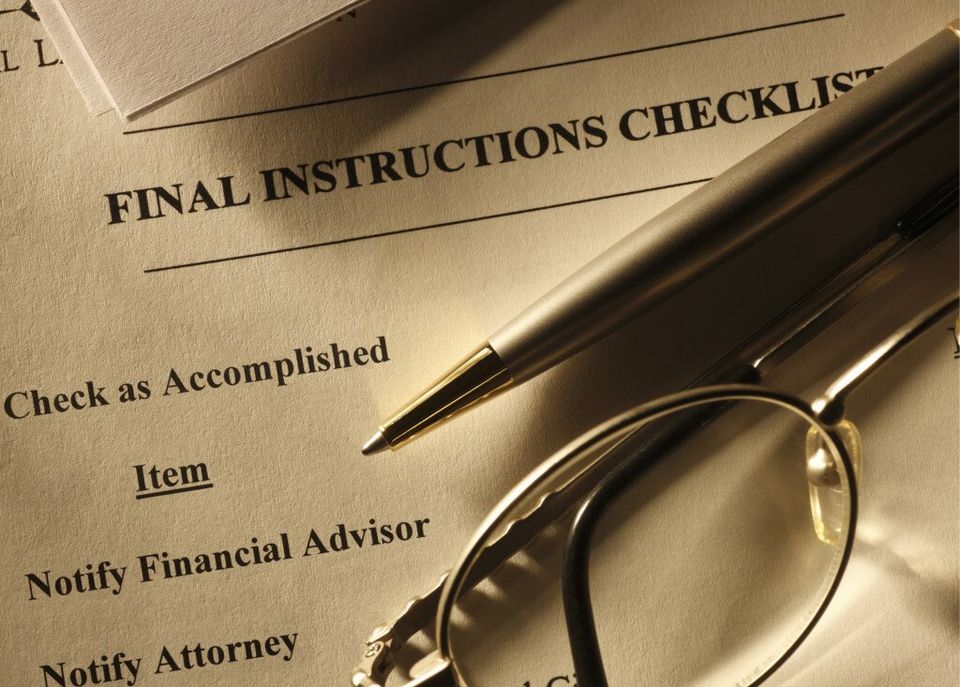Estate and Trust Administration
We understand that it’s one thing to create a Trust as part of an estate plan, and quite another to understand the duties that follow your appointment as Trustee. At Legacy & Trust Legal Counsel, PLLC we offer Trustee services to guide Trustees through all of the duties and decisions that relate to effective Trust administration.
We provide advice to Trustees about the proper administration of a Trust, their responsibilities as a Trustee, and the tax implications of the Trust. We also help clients to ensure that assets are properly transferred into Trust with correct title documentation. In so doing we interact with our clients’ accountants, insurance agents, and financial advisers.
When the creator of a trust dies, the successor trustee has certain duties to carry out. These duties include:
- Appointment of successor trustee
- Collection and management of all trust assets
- Paying trust debts and administration expenses
- Filing trust tax returns
- Distributing the remaining trust assets to the named trust beneficiaries
Following the death of your loved one, assets titled in the name of that person’s trust will pass to the beneficiaries according to the terms of the trust document. Trust administration is the post-death legal process of administering a decedent’s trust. If the trust was properly funded (all assets were put into the trust), the probate process can be entirely avoided. Our firm serves as counsel to successor trustees, assisting them in the proper exercise of these duties. We can assist you with each of these duties listed above to ensure that your loved one’s wishes will be carried out as stated in their trust.
A Trustee has a fiduciary duty to the beneficiaries to ensure that the Trust is properly administered. In carrying out these duties, a trustee is held to a high standard of care. For example, a trustee has the duty of impartiality and loyalty to the beneficiaries and to the trust, the duty to account, the duty to preserve the trust assets and make them productive, and the duty to abide by the terms of the trust and allocate or distribute the assets accordingly. A trustee is prohibited from self-dealing and commingling trust and personal assets. In the event a trustee violates one or more such duties or prohibitions, even if done so unintentionally, the trustee can be held personally responsible for any loss to the trust, and, as a result, the trustee’s personal assets are subject to satisfying the loss.
At Legacy & Trust Legal Counsel, PLLC
our experienced attorney can assist a trustee in understanding and carrying out his or her duties and responsibilities in administering a trust in accordance with the trust agreement and the law. We also provide advice and counsel to trust beneficiaries concerned about a trustee’s honesty or ability to make sound decisions in the beneficiaries’ interests


